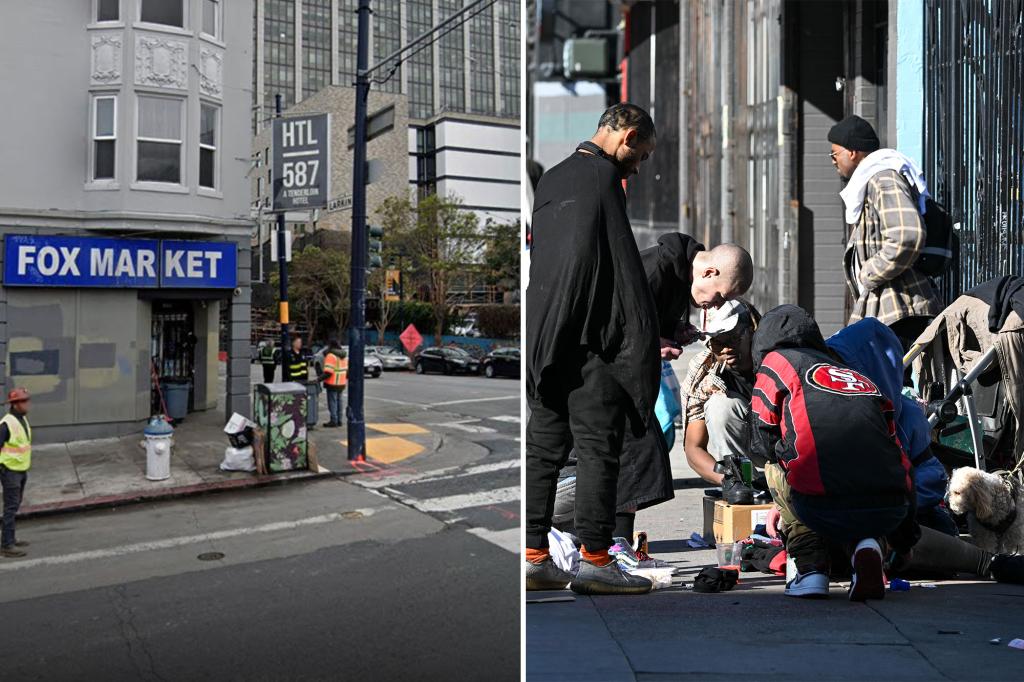Adam Nathan, CEO of Blaze and chair of the Salvation Army San Francisco Metro Advisory Board, criticized the city’s “Managed Alcohol Program” which offers free alcohol to homeless individuals struggling with chronic alcoholism. The program costs the city $5 million a year and provides controlled doses of vodka and beer to participants to keep them off the streets and out of jail or the emergency room. Despite the program starting with 10 beds and now having 20, it has only served 65 clients in its four years of operation. Nathan questioned the logic of providing free alcohol to addicts, stating that it only stretches out their problems and does not promote recovery.
Nathan expressed his concerns about the program’s harm reduction approach, stating that providing free drugs to drug addicts does not solve their problems. He compared the program to “safe supply” initiatives in places like Canada’s British Columbia where free opioids are provided to prevent overdoses on fentanyl, noting that the results of such efforts have been mixed. Nathan questioned why the Managed Alcohol Program was approved without public hearings and why it is hidden away in an old hotel. He criticized the program for not focusing on recovery and instead keeping participants sick.
As a taxpayer, Nathan called for more government funds to be directed towards programs that achieve their objectives and provide public benefits, citing examples such as President Biden’s infrastructure bill, the bipartisan CHIPs act, and healthcare subsidies for low-income individuals. He accused the city’s health department of not helping people get better and instead keeping them sick, likening the situation to living in the “upside down.” Nathan highlighted the lack of public awareness about the program and criticized the health department for worrying about how it will be perceived by the public.
The city’s health officials responded to Nathan’s criticism, stating that he spread misinformation about the program and clarifying that the alcohol on the premises is not readily available to anyone who walks in. Nathan’s initial criticism stemmed from his observation of homeless individuals being provided free beer in the program, which he deemed to be counterproductive to their recovery. He emphasized the importance of recovery programs that focus on abstinence, such as those run by the Salvation Army, which aim to support individuals in overcoming substance abuse issues rather than enabling their addictions.
Despite the controversy surrounding the Managed Alcohol Program, it continues to operate in San Francisco, serving a small number of homeless individuals struggling with alcoholism. Nathan’s call for increased transparency and public awareness about the program reflects broader concerns about the effectiveness of harm reduction approaches to addiction. The debate surrounding the program underscores the complex challenges faced by cities in addressing homelessness and substance abuse issues, highlighting the need for evidence-based solutions that prioritize long-term recovery and well-being for vulnerable populations. Nathan’s criticism prompts a deeper discussion about the role of government-funded programs in supporting individuals with substance use disorders and the ethical considerations involved in providing free alcohol to homeless individuals.


